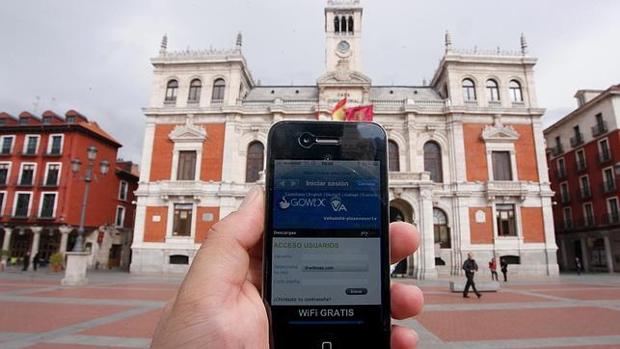
It happens to all of us, we are away from home and we want to make a quick online consultation. But we have run out of data, so we need to use an open Wifi network. However, care must be taken, because these types of connections can pose a serious risk to the user if they are not used with a head. “In general, people have the wrong perception that using an open Wi-Fi network does not pose any danger to their security of the data stored on the device that is connected, so they do not take the necessary measures to ensure protection of your information, ”said Eusebio Nieva, technical director of Check Point for Spain and Portugal, in a statement.
Here are some tricks that can help you take advantage of this type of connection without your information running any risk.
Clear the trail
It is very important that, once we stop browsing an open network, we erase all the digital trail that we have left along the way. In this way, we must delete the browsing history and cookies, as well as the temporary files of the browser. "We will also have to close the sessions in all those applications or sessions that we have started and in which we have entered our username and password," sources from the security firm Sophos said in a statement.
Do not check your bank account
This advice is one of the most important to follow. While the user is connected to an open Wifi, he should not, in any case, access banking or online commerce services in which electronic payments are made. «And, in the event of data theft, it may not be detected until after a while; so the attackers could access bank accounts and credit card information without anyone noticing, ”they add from Sophos.
The danger of social networks
Things as they are, it is difficult not to be aware of what is done in social networks. But if you can not stand, it is advisable, at least, to protect access to them. For this, the user will have to reinforce the authentication, for example, by changing the password or closing the session each time they exit and enter the application.
«Public networks allow anyone to access it. For this reason, cybercriminals take the opportunity to infiltrate and infect thousands of devices with "malware" (computer virus). To do this, they only need to convince the user to click on a link that, in reality, downloads a program in the terminal that allows the cybercriminal to take full control of the device », they maintain from Check Point.
Protect your email
If you are going to use email to send photos or share information using an open network, it is advisable not to use an account in which sensitive information appears. "If you prefer to use the email account to upload photos or files to the cloud, it is preferable to create a specific user for this and thus minimize the theft of information in the event of an attack," Sophos experts recommend.
No attachments
As we have seen with social networks, curiosity can be dangerous; And wanting to know what a file you receive from a doubtful source contains can be how to open the door of your device to cybercriminals. Likewise, downloading attachments from web pages or information documents can also be a risk while connected to a public Wi-Fi network.
«The lack of security of these connection points makes accessing our terminal very easy for cybercriminals. This implies that they can have access to all our passwords, bank credentials, documents, graphics, ”added experts from the security firm Check Point, who recommend avoiding any type of bank management that requires the use of passwords.
Browse safely
Similarly, from Check Point, they warn of the danger of phishing. And it is very easy for cybercriminals to redirect traffic from your device to fraudulent pages that mimic the appearance of websites familiar to the user, such as email servers, etc. and get your data.
Always with antivirus
As the awareness of having an antivirus for computers is already consolidated, this awareness should also extend to the current pocket computers that are our "smartphones." Mobile phones are replacing computers with capacity and functions and every time we use them for more things, that is why it is essential to have security software that protects the access and information stored by our mobile phones or devices with internet connection.





0 Comments